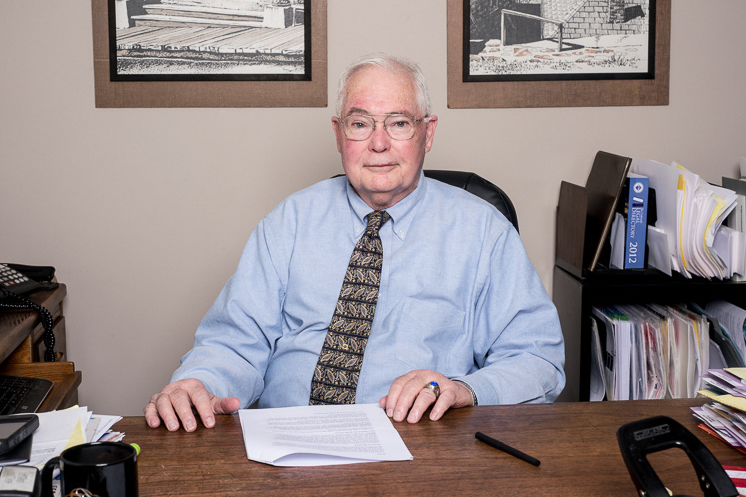AARP Hearing Center

By Roger Fillion • The vast majority of Colorado residents who weighed in on the future of Medicare and Social Security said some changes are needed to make sure they are available to their children and grandchildren.
He added: "I don't think there's been a full public debate in which a citizen like me can say, 'This is the way to go.' "
Raju Jairam, 64, of Fort Collins, also is opposed to immediate, major changes. He pointed to the suggestion of boosting the full retirement age for Social Security to 70 from the current 67 for those born in 1960 or later.
The life expectancy in 2010 for U.S. males was 76.2 years, a fact that prompted Jairam to exclaim: "I live to 76 and get six years of retirement? That's nonsense!"
Jairam and Valentine were among the roughly 37,000 Colorado residents who filled out questionnaires about Medicare and the nearly 17,000 who completed surveys about Social Security.
The responses were collected at AARP Colorado events, on a website, by phone and from questionnaires printed in the AARP Bulletin.
The nationwide responses will inform AARP advocacy this year as policymakers consider changes to the programs.
Medicare trustees have warned that the hospital fund will be depleted in about a dozen years. Social Security trustees forecast that program will be able to pay full benefits only until 2033. After that, payments to beneficiaries would drop to about 75 percent.
In fact, 39 percent responded "none of the above" when asked to choose the best source for increased Medicare funding; 28 percent favored steeper payroll taxes, followed by general federal revenues (21 percent) and higher premiums (11 percent).
Among other findings:
- Three-fourths said all future retirees should get the guaranteed insurance coverage and care that current Medicare participants receive. About one in four said future retirees should receive a set amount of money to buy their own insurance plan.
- Fifty-two percent said it is OK for upper-income workers to receive higher Social Security benefits because they paid more into the system; 48 percent said wealthy workers should receive less — or nothing — because they can tap other sources of retirement income.
- Fewer than one in 10 said the programs are in such crisis that they should be entirely overhauled for future participants.
- Thirty-eight percent said rising health care costs posed the greatest challenge to Medicare. Other issues earmarked as the program's biggest challenge were the growing population of older people and longer retirements (20 percent) and the high cost of Medicare premiums and out-of-pocket expenses (12 percent).
- Slightly less than half said the biggest challenge facing Social Security is lack of people paying into the program. The breakdown: 27 percent said higher-paid workers weren't contributing enough; 18 percent said fewer workers were funding the program.
Roger Fillion is a writer living in Evergreen, Colo.































































